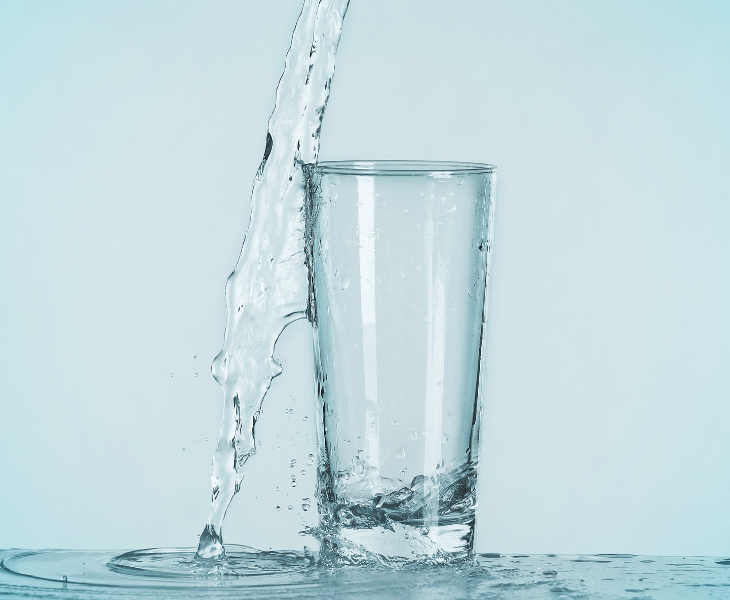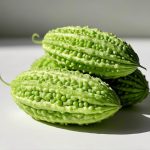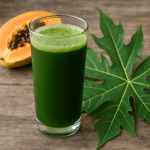Have you ever wondered why staying hydrated is so crucial for your overall health? We often hear that we need to drink plenty of water, but do we truly understand the benefits and how to achieve optimal hydration?
In this post, we’ll explore the benefits of staying hydrated, practical tips on how to stay hydrated, and how it directly impacts your well-being.
Why Is Hydration Important?
1. The Role of Water in the Body
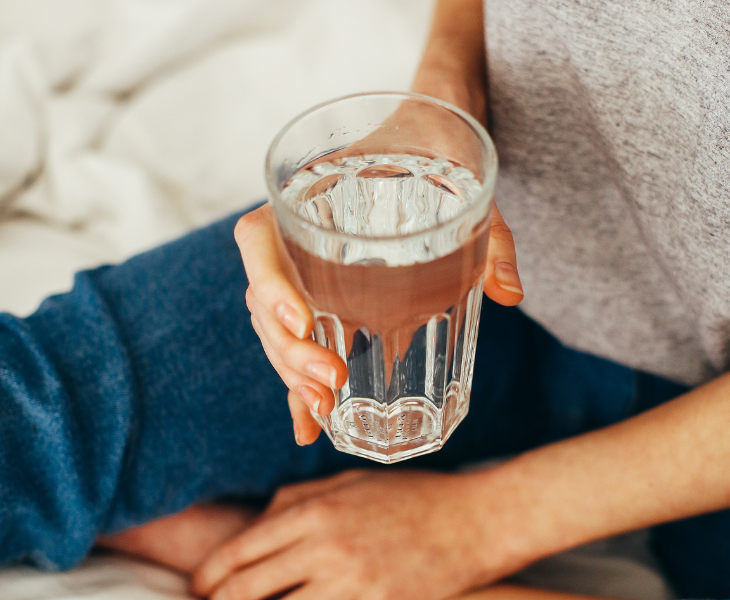
Water makes up about 60% of your body weight, and it’s involved in nearly every bodily function. From regulating body temperature to aiding digestion, water is vital. It helps transport nutrients to cells, remove waste products, and even cushions joints.
- Regulates Body Temperature: Water plays a key role in maintaining your body’s temperature through sweating and respiration. Staying hydrated ensures your body can efficiently cool itself down.
- Aids in Digestion: Water is essential for digesting food and absorbing nutrients. It helps in breaking down food in the stomach, allowing your body to extract the essential vitamins and minerals you need.
- Supports Kidney Function: Proper hydration is crucial for kidney health. The kidneys filter out toxins and waste products from your blood, which are then excreted in urine. Without enough water, this process can become less efficient, leading to potential health issues.
2. Benefits of Staying Hydrated
Drinking enough water offers numerous benefits:
- Boosts Energy Levels: Dehydration can lead to fatigue and sluggishness. Staying hydrated keeps your energy levels up and helps you stay active throughout the day.
- Improves Skin Health: Water helps to keep your skin hydrated and glowing. It can reduce dryness and even slow down the signs of aging.
- Enhances Cognitive Function: Even mild dehydration can impact your concentration and memory. Staying hydrated supports brain function, keeping you sharp and focused.
- Promotes Weight Loss: Drinking water can aid in weight loss by boosting metabolism and reducing appetite. Sometimes, thirst is mistaken for hunger, leading to unnecessary snacking.
How Much Water Should You Drink Daily?
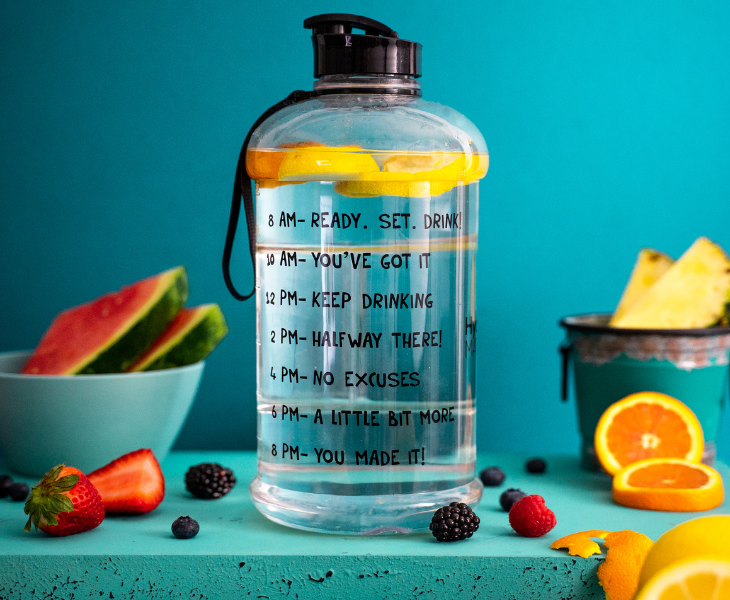
1. General Guidelines
The amount of water you need can vary based on factors like age, gender, activity level, and climate. However, a common guideline is the “8×8 rule,” which recommends drinking eight 8-ounce glasses of water a day, totaling about 2 liters or half a gallon.
- Individual Needs: Your water needs might be higher if you’re physically active, live in a hot climate, or are pregnant or breastfeeding. Listening to your body’s signals, such as thirst and urine color, can help you gauge your hydration status.
2. Signs of Dehydration
Understanding the signs of dehydration is crucial in maintaining proper hydration:
- Thirst: Feeling thirsty is an obvious sign that your body needs water.
- Dry Mouth and Skin: Dehydration can cause dry mouth and a lack of moisture in your skin.
- Dark Urine: Dark yellow or amber-colored urine is a clear sign of dehydration. Aim for pale yellow urine, which indicates adequate hydration.
- Fatigue: If you’re feeling unusually tired or sluggish, it might be due to dehydration.
- Dizziness or Lightheadedness: Dehydration can lead to a drop in blood pressure, causing dizziness or lightheadedness.
How to Stay Hydrated: Practical Tips
1. Drink Water Regularly
Make a habit of drinking water throughout the day. Don’t wait until you’re thirsty, as thirst is often a late indicator of dehydration.
- Set Reminders: Use a smartphone app or set regular alarms to remind yourself to drink water.
- Carry a Water Bottle: Keep a reusable water bottle with you at all times, making it easier to sip water wherever you go.
2. Eat Water-Rich Foods
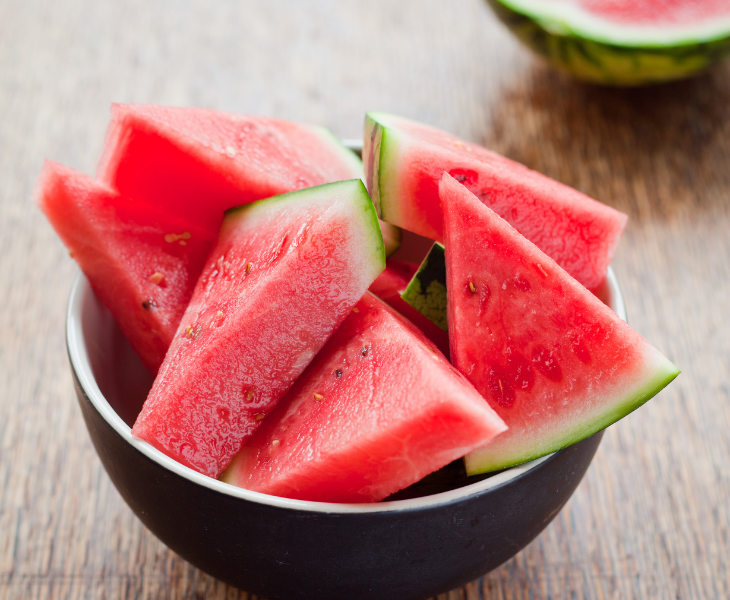
You can also stay hydrated by consuming foods with high water content. Some examples include:
- Fruits: Watermelon, strawberries, and oranges are packed with water.
- Vegetables: Cucumbers, lettuce, and celery are excellent choices for hydration.
- Soups and Broths: These are also great sources of hydration, especially during colder months.
3. Limit Dehydrating Beverages
Certain drinks can lead to dehydration, including those containing caffeine and alcohol.
- Reduce Caffeine Intake: While a morning coffee might be essential, try to limit your intake of caffeinated beverages throughout the day.
- Moderate Alcohol Consumption: Alcohol is a diuretic, meaning it increases urine production, leading to dehydration. If you’re drinking alcohol, be sure to drink water alongside it.
4. Hydrate Before, During, and After Exercise
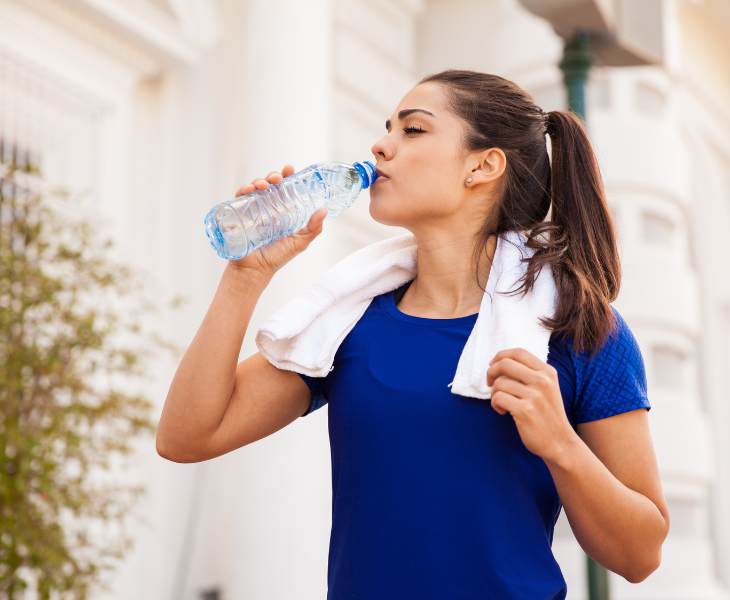
Physical activity increases water loss through sweat. It’s essential to drink water before, during, and after exercise to stay hydrated.
- Before Exercise: Drink water at least 30 minutes before your workout to stay hydrated during your exercise session.
- During Exercise: Sip water at regular intervals during your workout, especially if it’s longer than 30 minutes.
- After Exercise: Replenish lost fluids by drinking water or an electrolyte-replenishing drink after your workout.
5. Monitor Your Hydration Levels
Pay attention to your body’s signals and keep track of your hydration levels:
- Check Urine Color: As mentioned earlier, pale yellow urine is a good indicator of adequate hydration.
- Track Water Intake: Use a journal or a mobile app to track how much water you’re drinking daily.
Make Hydration a Daily Priority
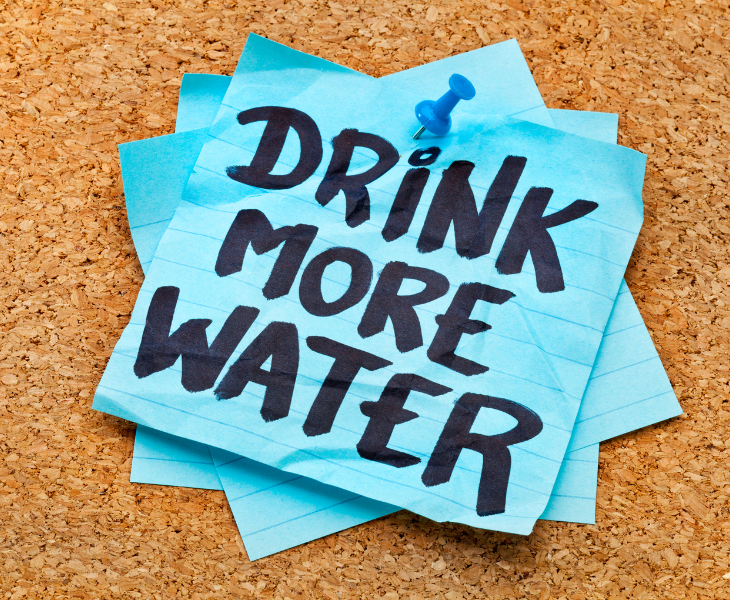
Staying hydrated is one of the simplest yet most effective ways to improve your health and well-being. By incorporating these tips into your daily routine, you’ll be well on your way to achieving optimal hydration. Remember, the key to staying hydrated is consistency. Start today by setting a water intake goal and sticking to it.
For more information on the importance of hydration and how it affects your health, visit Healthline and Mayo Clinic. These trusted resources offer valuable insights and further tips on how to stay hydrated.
By following these simple guidelines, you can enjoy the benefits of proper hydration, from increased energy levels to improved skin health. Make hydration a habit, and your body will thank you!
Ready to Stay Hydrated?
Take the first step towards better health by making hydration a daily habit. Start carrying a water bottle, set reminders, and track your progress. Your body will thank you for it!

